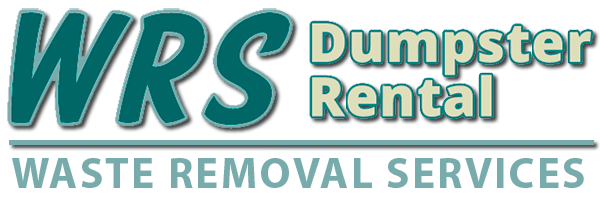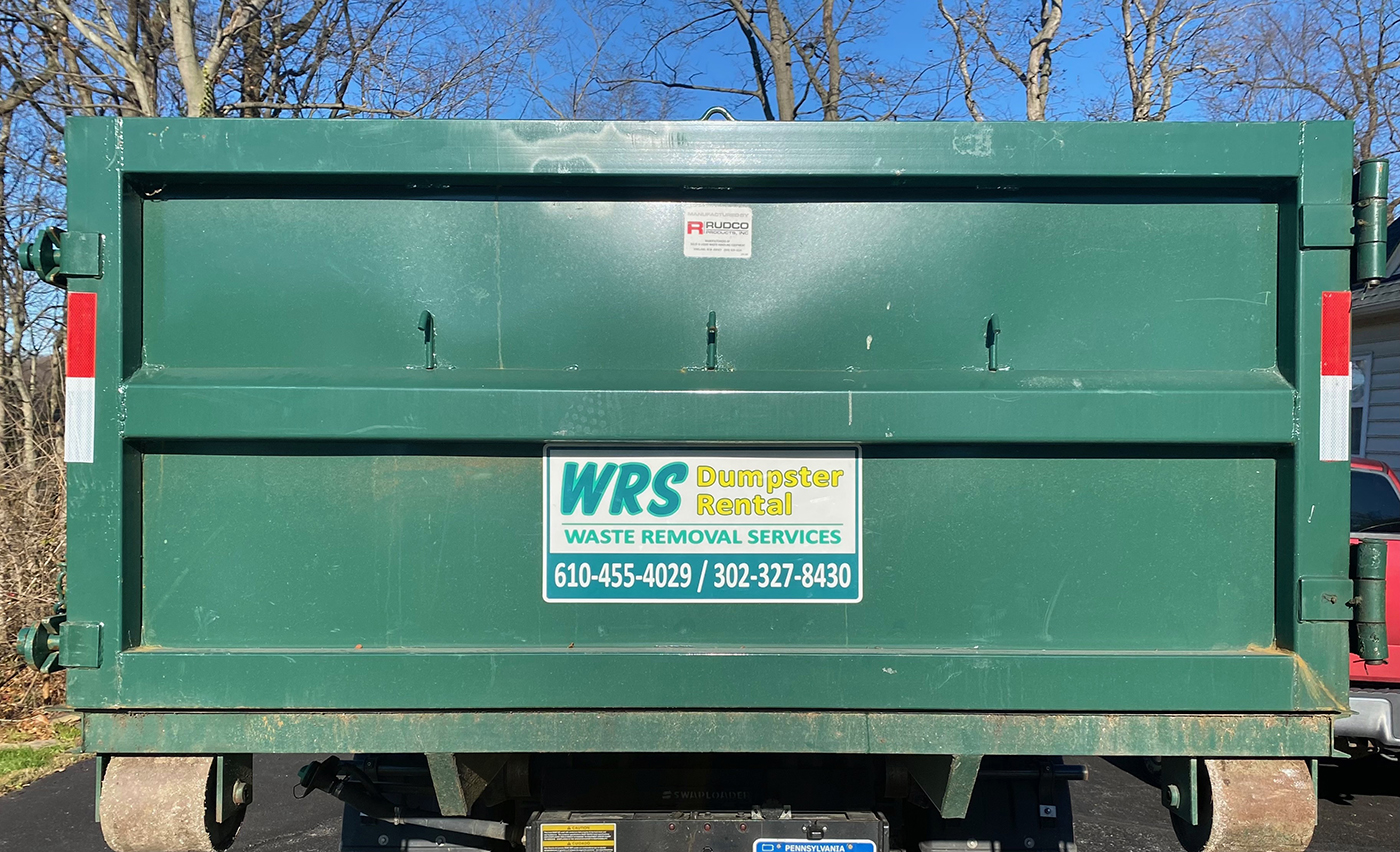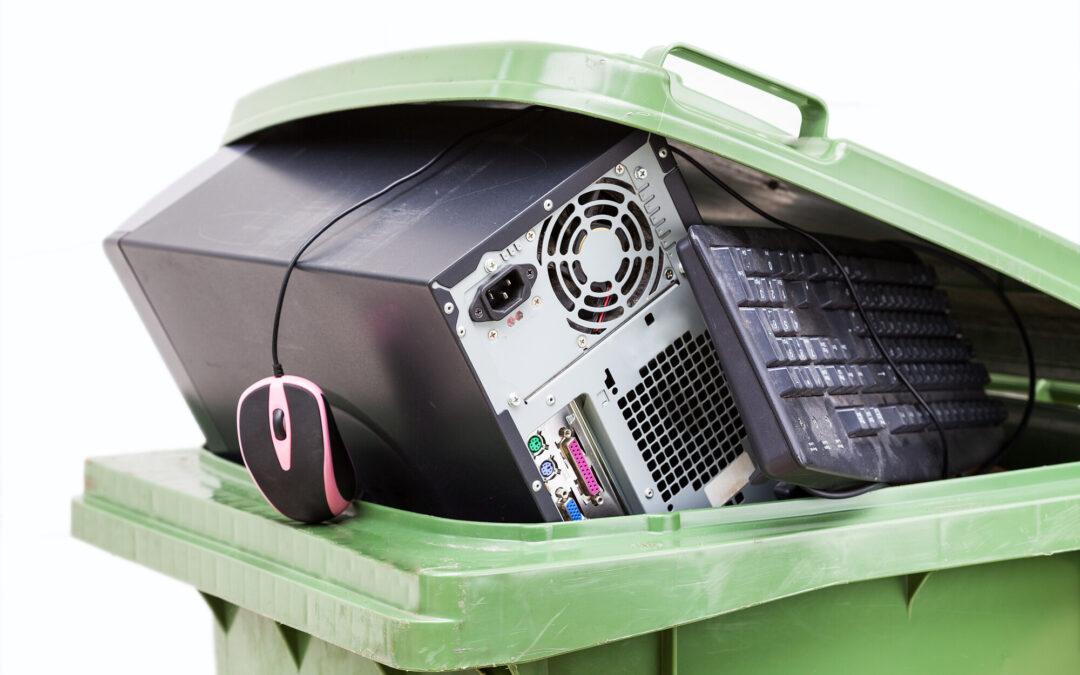Our homes are our safe havens. Yet many contain substances that can seriously harm our health and the environment if not handled properly. This includes everyday chemicals used for cleaning, gardening, and maintenance.
Before disposal, it’s important to identify and separate what is household hazardous waste from regular household trash. In this blog, you’ll discover what household hazardous waste includes and the proper ways to dispose of it.
What Is Household Hazardous Waste?
Household hazardous waste is any waste from your home that’s potentially harmful to people or the environment. It includes things like certain cleaning products, pesticides, swimming pool chemicals, and stuff you might use for home improvement. Including paints and solvents.
Many cleaning fluids contain chemicals that can cause health issues when breathed in or touched. Harsher chemicals, like ammonia or bleach, can cause more serious problems if you breathe in too much or accidentally mix them together.
When we clean our homes using these products, the chemicals can linger in the air for a while. Continuous exposure to these fumes can lead to respiratory problems or trigger allergies. This can be especially dangerous for people with sensitive respiratory systems.
Health and Environmental Risks
Improperly disposed household hazardous waste can seep into the ground. When these chemicals get into the soil, they can harm plants or crops.
It’s like when you accidentally spill paint in the yard. It’s not just a mess, it can stop plants from growing or make them sick.
Additionally, some of these chemicals don’t break down easily. They can stick around in the environment for a long time. Continuously causing harm to our environment.
That’s why properly handling and disposing of them is crucial. it helps prevent long-term damage to our water and soil.
When these chemicals find their way into rivers, lakes, or oceans, they can poison fish and other aquatic life. It’s like giving them a toxic cocktail to swim in, making it harder for them to survive.
Animals living on the ground can also suffer. Imagine a scenario where a curious animal encounters a discarded container of toxic pesticides. They might mistake it for food or simply get too close. Leading to poisoning or even death.
Some household chemicals have ingredients that become greenhouse gases when released into the air. These gases contribute to global warming and climate change, trapping heat in the atmosphere and changing our planet’s climate patterns.
When airborne chemicals settle on plants, they can affect the food sources of birds and other plant-eating animals. These chemicals can also get stuck in feathers or fur. Causing further harm when these animals try to clean themselves.
Improperly disposing of household waste doesn’t just harm the environment. It directly disrupts our ecosystems. Threatening our very survival.
Proper Disposal Methods for Household Hazardous Waste
When it comes to getting rid of household hazardous waste, it’s crucial to follow local rules. Different places have different regulations about how to dispose of these things safely.
There might be special collection days or specific drop-off locations. Checking with local authorities or waste management services is a smart move. In general, here are some best practices for managing and disposing.
Storage and Labeling
Store hazardous materials in their original containers. If the original container is damaged, transfer the substance to a new, secure container, and label it clearly. Keep these items away from food, pets, and children.
Never mix different household chemicals when storing. Mixing them can create toxic fumes or reactions that are harmful to health and the environment. Even seemingly harmless combinations can become dangerous when mixed.
Handling Spills
Accidents happen. If a spill occurs, immediately contain the area. Wear protective gear like gloves and a mask. Use absorbent materials like kitty litter or sand to soak up the spill. Follow specific cleanup instructions for each type of substance.
Ensure proper ventilation in the area by opening windows and doors. Especially if dealing with potentially harmful fumes. After removing the spilled material, thoroughly clean the affected area.
Use water and mild soap for surfaces. For more stubborn stains or residues, follow manufacturer-recommended cleaning procedures. Rinse the area with water and dispose of the cleaning materials properly.
Disposal Guidelines
Many areas have special waste collection days or designated drop-off points for household hazardous waste. Never toss these items in regular trash or pour them down the drain unless explicitly instructed that it’s safe to do so.
Old electronics and batteries often contain hazardous materials. Many electronics stores or recycling centers have collection points specifically for these items. They guarantee proper disposal or recycling to prevent environmental damage.
Some items, like unused paint or usable chemicals, might be acceptable for recycling. Look for programs or organizations that accept these materials. Consider donating unused paint to community projects, schools, or nonprofits.
Many organizations gladly accept unopened or gently used paint for various purposes, like art projects or refurbishing.
When to Hire Professional Assistance to Remove Household Hazardous Waste
Local environmental agencies often provide valuable information on the proper disposal of household hazardous waste. They typically have hotlines or websites where you can inquire about safe disposal methods and collection days.
Professional waste management services also specialize in handling hazardous waste. For instance, WRS Dumpster Rental can offer guidance on safe disposal methods or even arrange for the pickup of certain materials. They’re equipped with the knowledge and resources to handle these substances safely and in compliance with regulations.
If there are accidental spills or a lot of hazardous materials, you might need special cleanup services. These professionals are trained and have the proper equipment to contain, clean up, and dispose of these materials safely.
While some services might come at a cost, the expense is often worth it for safety and peace of mind. Compare different options and consider the potential risks of mishandling these materials vs the cost of professional assistance.
Safe Handling During Home Improvement Projects
Home improvements typically involve potentially hazardous stuff. It’s important to take precautions to keep everyone safe and the environment healthy.
Before using any of these chemicals or products, read the labels carefully. Labels often contain important safety information. Including potential health hazards, proper handling procedures, and first-aid instructions in case of accidents.
They provide guidance on the correct amount to use and how to apply the product effectively. Using too much can be as problematic as using too little. Some labels also mention the environmental impact of the product. Understanding this helps you minimize harm to ecosystems.
If you’re working with chemicals like paints, solvents, or cleaning products indoors, good ventilation is your best friend. Proper ventilation creates a steady flow of fresh air into the space you’re working in. This helps disperse any fumes or vapors from the chemicals. Reducing the concentration in the air you breathe.
Open windows and doors to create a cross-breeze. If the weather permits, work outside to avoid trapping fumes in enclosed spaces. Using fans or exhaust systems can also help move air around, pushing out the bad stuff and bringing in fresh air.
Keep in mind that some chemicals can linger in the air even after you’re done working with them. So continue ventilating until the strong smells are gone. If doing a large project, consider using a dumpster rental service. They can help you safely dispose of things.
Safe Handling of Household Medications
Medications can be considered household hazardous waste if they’re expired, unused, or no longer needed. Improper disposal can be harmful to the environment and potentially pose risks to human health.
When we toss old or unused medications in the trash or flush them down the toilet, it might seem like a quick solution. However, it can have lasting consequences for the environment.
Flushing meds down the toilet can introduce chemicals into our water systems. These substances can’t be easily filtered out by water treatment plants, potentially affecting aquatic life and even ending up in our drinking water.
When medications are thrown into the trash, they end up in landfills. Over time, they can seep into the soil. Causing contamination and affecting the health of organisms living in that area.
Animals can accidentally ingest medications. Harming their health and disrupting ecosystems if these substances enter the food chain.
To minimize these environmental risks, it’s crucial to handle medication disposal responsibly:
-
Take-Back Programs: Many community organizations have take-back programs where you can safely drop off old medications
-
Avoid Flushing or Draining: Water treatment systems aren’t designed to remove these chemicals
-
Secure Disposal: Mixing them with unappealing substances (like coffee grounds or kitty litter) in a sealed bag can discourage misuse and make them less harmful if they end up in the trash
By taking a few extra steps to dispose of medications properly, you can significantly reduce the environmental impact.
Safeguarding Your Health With WRS Waste Management Services
Before disposing of any products, it’s crucial to determine what is a household hazardous waste to ensure safe and proper handling.
For expert guidance on safe disposal practices and managing household hazardous waste, consider contacting WRS Dumpster Rental Services.
Our professional expertise and commitment to eco-friendly waste management can assist in properly disposing of these materials. Ensuring they don’t pose a threat to our communities.


